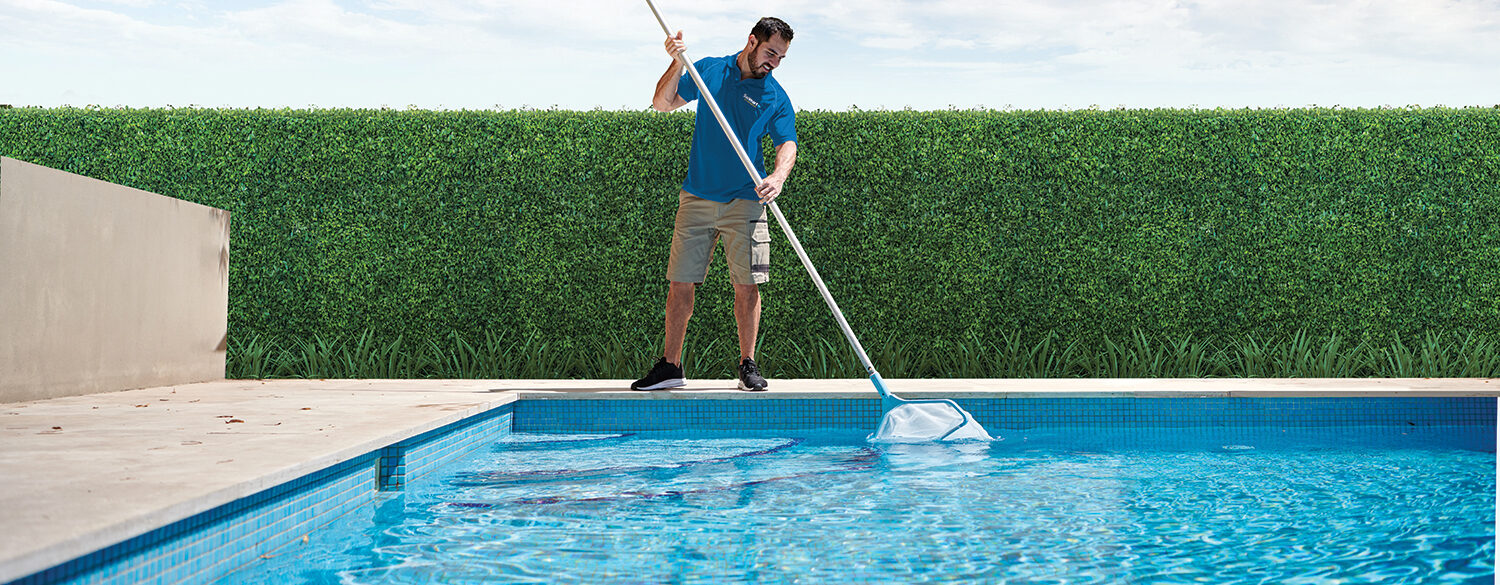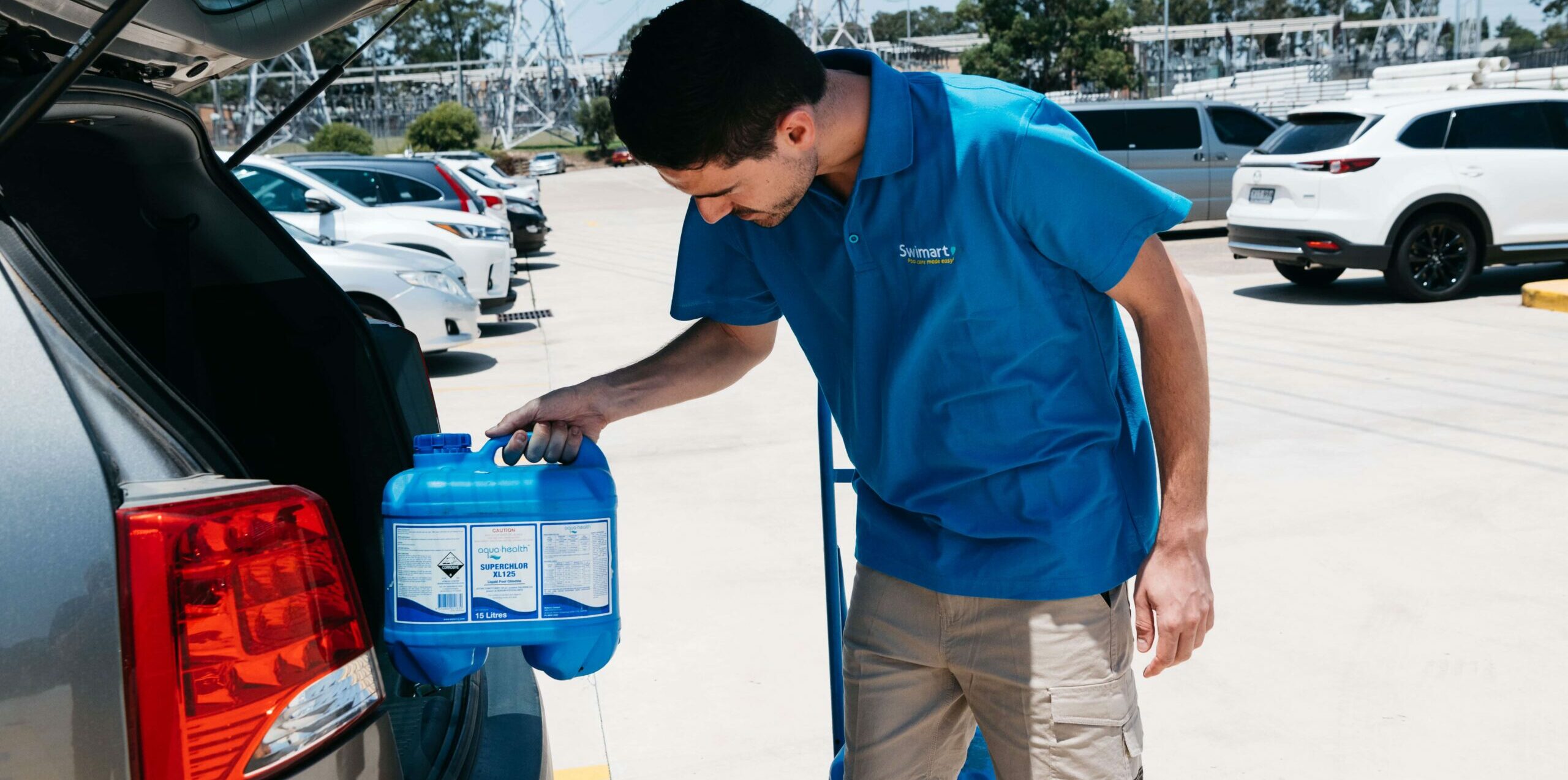General
Swimart explains the tell-tale signs that your pool equipment might need to be repaired or replaced.
18 June 2018
When it comes to our pool’s filtration, sanitation and cleaning equipment, it’s often a case of out of sight and out of mind. But with everything in life, wear and tear slowly reduces their efficiency and when that goes unnoticed, costly replacement bills usually follow.
While there are many factors that contribute to these valuable pieces of pool equipment breaking down, there are a few red flags you should be looking and listening out for.
1. Poor water quality
No matter how many chemicals you pour in to the pool, they only work as well as the equipment they pass through. So, if you notice the water looking cloudy or dirty, check the water chemistry with a testing kit to ensure it is balanced correctly. If you notice the water quickly loses clarity, it's time to look at whether your pool pump, pool filter or chlorinator is faulty.
2. High water pressure
When we have high blood pressure, the heart is forced to work harder to pump blood around the body, which weakens it. The same can be said, to some extent, about your pool's filtration system. An increase in your PSI (per square inch) pressure reading is a sign that the filter is under strain, either through a blockage or plain old age.
If a quick clean with a hose does not fix the issue, try soaking it overnight soak with a cleaning product such as Poppits Cartridge Filter Cleaner. If it still registers high PSI levels afterwards, then it is definitely due to be replaced.
3. Too much backwashing
As your pool filter begins to age, the media inside it starts to disintegrate, creating the need for excessive cleaning and backwashing to avoid dirty pool water. If this is the case, you know it's time to replace the filter media.
However, if you notice sandy deposits or diatomaceous earth on the bottom of the pool, the sand filter laterals or diatomaceous grids may be faulty. If that's the case, it's time to call your local Swimart pool technician.
Pool filter cartridge checklist:
Flattened pleats – The pleated ridges in the cartridge are designed to trap the dirt, debris and finer particles that pass through it and, when they flatten out due to wear and tear, they are no longer able to do their job properly. Flattened pleats also restricts water flow, which reduces the cartridge's ability to clean the pool efficiently.
Broken bands – Bands play an important role in keeping the pleats from flattening out when under pressure. These bands are under considerable (and constant) pressure, and can break over time. When one or more of these bands are broken, the effectiveness of the cartridge filter can be compromised.
Cracked endcaps – Over time, the plastic endcaps of a filter, which are designed to keep the material compact, can become brittle and weaker from constant pressure and chemical exposure. Once an end cap begins to crack or chip, it's best to replace the cartridge right away to prevent any broken pieces from circulating through the filter system and potentially causing equipment damage.
Furry fabric – Cartridges are generally made of polyester that wear out over time. A common sign they're getting old is when the material starts to look ‘furry’, which is caused by the tiny fibres tearing apart and standing upright. Small tears or microscopic holes will eventually turn into one gigantic rip, so it's best to replace the cartridge before this happens.
Maintaining filtration, sanitation equipment is an important part of pool and spa ownership and acting quickly when you see or hear a problem is crucial to avoid costly repairs and/or replacement. To make your life easier, Swimart repairs and services almost every brand and model on the market. We are also authorised warranty agents/repairers for many reputable brands so call us on 1300 991 104 to book an appointment.



 AUS
AUS NZ
NZ 



